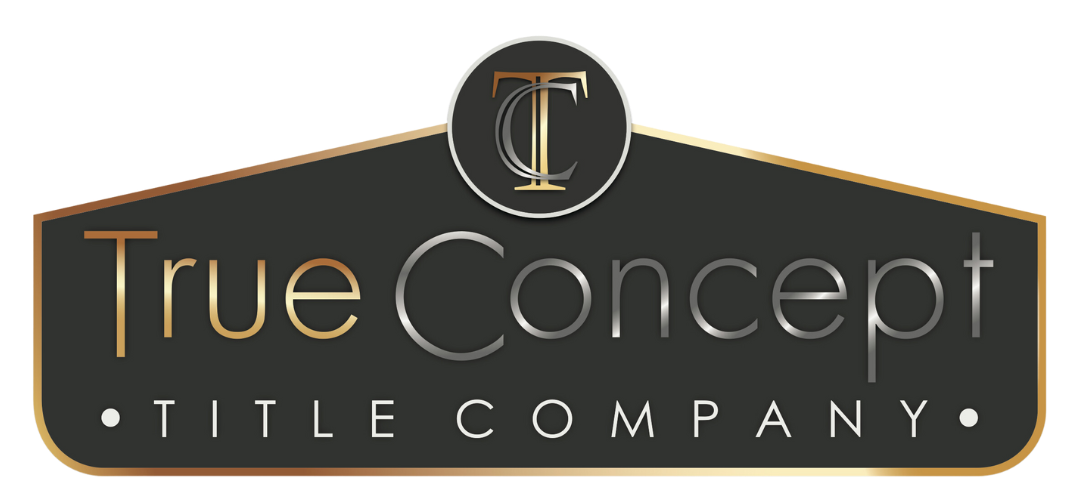Payoff Ordering
What Does “Request Payoff” Mean with Regards to a Mortgage Loan?
Buying a home is an exciting adventure, and looking towards the future, homeowners can’t wait until they own their home free and clear of a mortgage. This is where payoff ordering comes in. Essentially, this is a formal request from the homeowners to “request payoff,” from their lenders for the amount they owed on the house.
For some homeowners, the process can get confusing because both when you go to sell your home even refinance your home before paying off your mortgage, you will also need to request a payoff. Today, we take a closer look at the ins and outs of payoff ordering and what it entails:
What is a Payoff Letter?
A mortgage payoff letter or payoff statement is an itemized document that shows the balance that you must pay to close your loan. This document may also include details such as:
- Amount of rebated interest due at prepayment
- Total amount due
- Remaining payment schedule
- Rate of interest
- Money saved for paying early
- Per diem
- Good through date
Payoff Amount vs. Mortgage Balance
In many cases, the payoff amount will exceed your mortgage balance, but not by much. This amount will include any missed payments, late fees, and any interest that is owed through the scheduled payoff date.
The payoff date is the actual day that you pay off the full payout amount or the day that the bank mails or wires funds to your account.
Reasons to Request a Payoff Statement
You can request a payoff statement from your lender when you want to know how much it costs to pay off your home. This information is very important as you need these numbers before you sell your home, refinance your mortgage, or pay off your loan.
Related > Is it time to Refi?
Payoff Statement Protocol
Who can request a payoff letter? You, an attorney, escrow officer, or a new lender in a refinance situation can request the payoff statement from your current mortgage lender. You may have to fill out a form or send a formal letter to your lender requesting the payoff statement.
This payoff statement request should include:
- Borrowers names
- Signatures
- Contact information
- Property address
- Account number
You will also need to specify if the loan is a primary or first lien, a second mortgage, or equity line of credit, as well as the anticipated payoff date. Keep in mind that it can take several weeks to receive your payoff statement and may be subject to a fee.
Unsure of how to request a payoff letter? Give the experts at True Concept Title a call! We manage and coordinate order entry, escrow, funding, and disbursement for all loan types in all 50 states from our centralized production center!
After Loan Payoff
After you’ve paid off your house, what happens next? There are a few things that you must do after sending the payoff amount to your lender.
Here are some things to anticipate:
- You should receive a letter from your lender stating that you have no balance.
- You should receive another letter that states that your loan is paid in full, along with your promissory note and mortgage agreement.
- The lender will release the lien that was placed on your home’s title.
- The lien will be released via a release of deed of trust document, which in turn is recorded with the county.
Make sure to keep all of these letters and documents in a folder together so you can easily access them in the future!
Why True Concept Payoff Ordering?
True Concept Title maintains a presence across the U.S. by providing a complete line of title and escrow services in every state, including payoff ordering services. We stand ready to assist you throughout the process loan payoff for refinancing or selling your home. Contact us today for all your payoff ordering needs — 866-651-6224.










